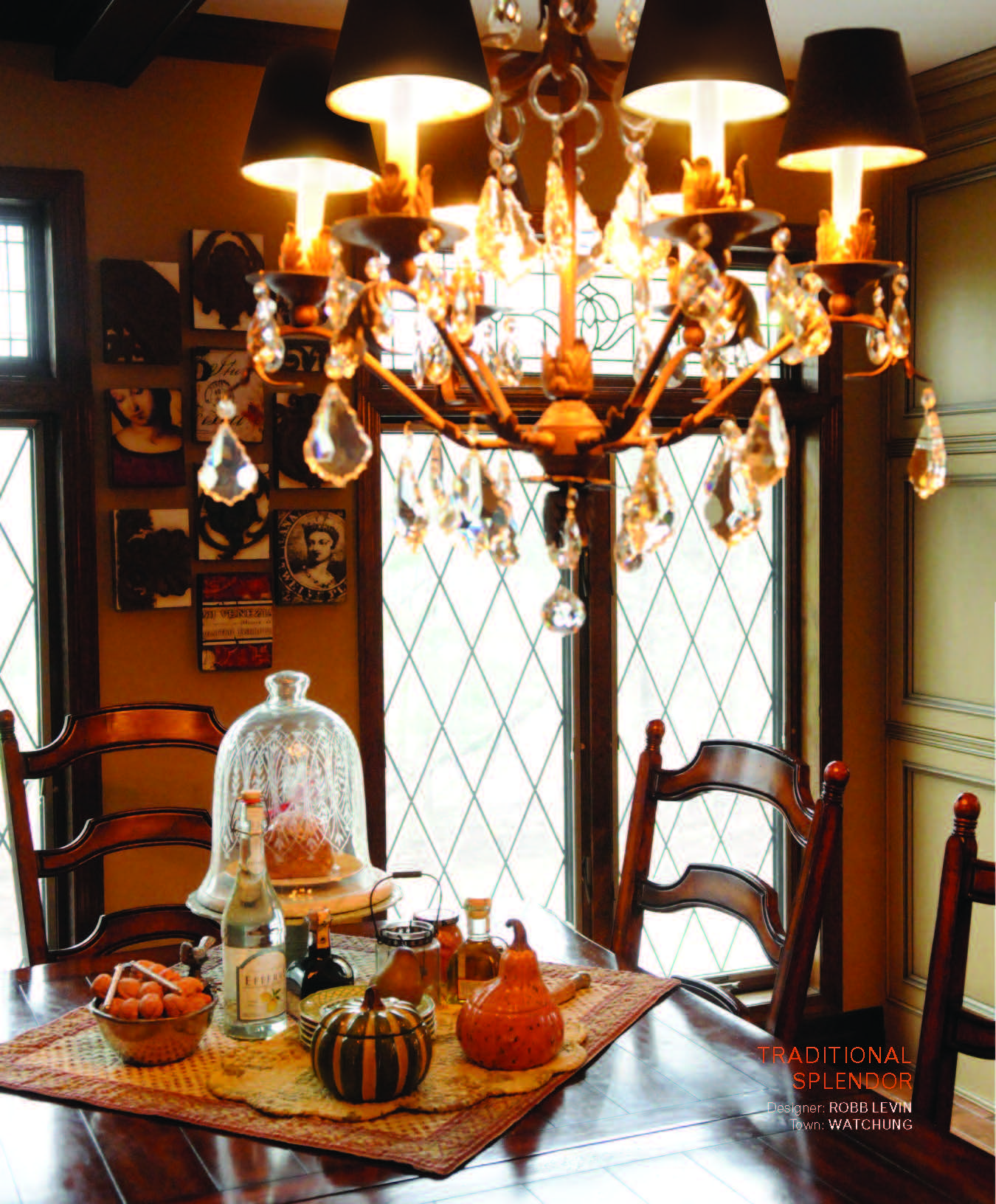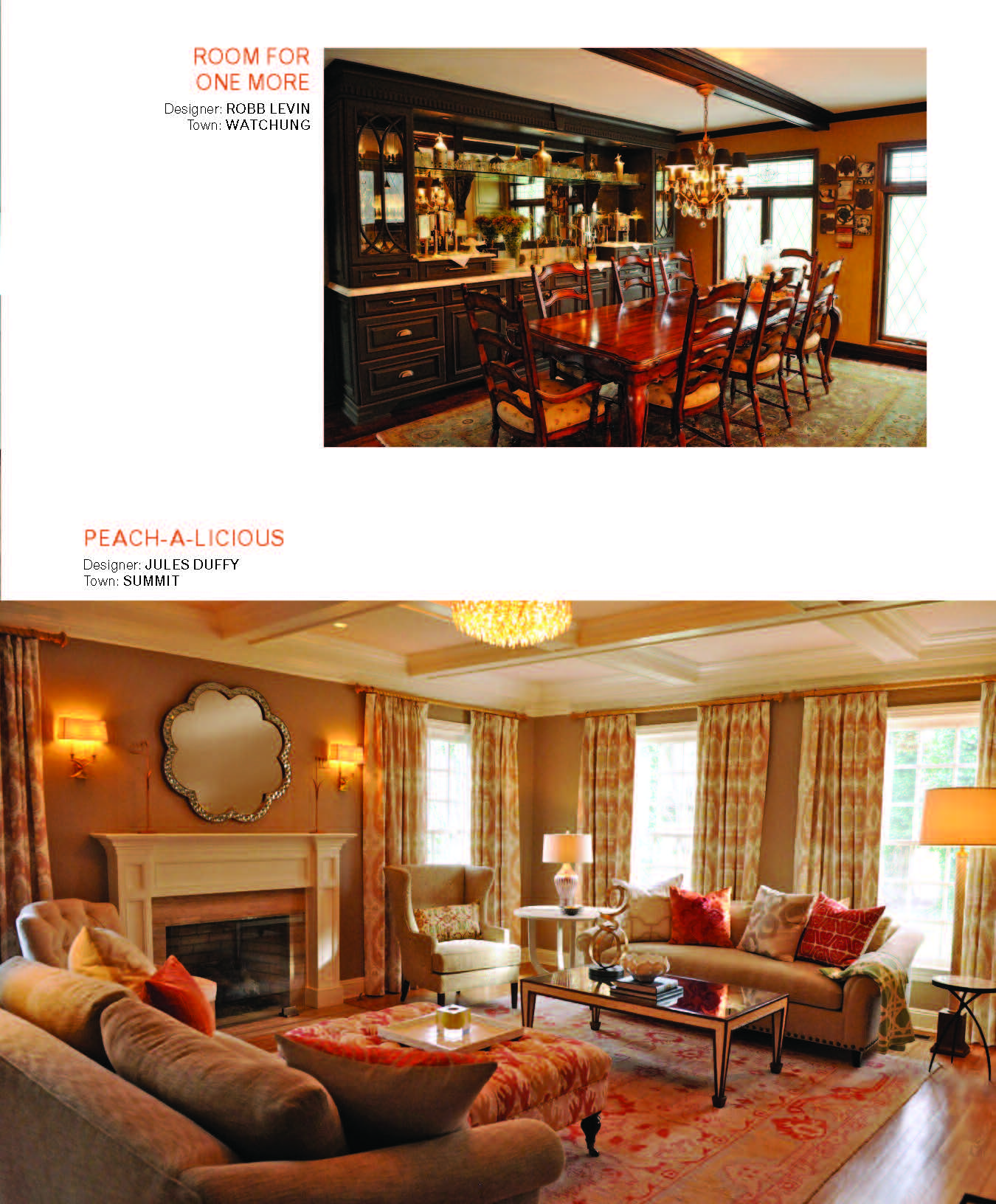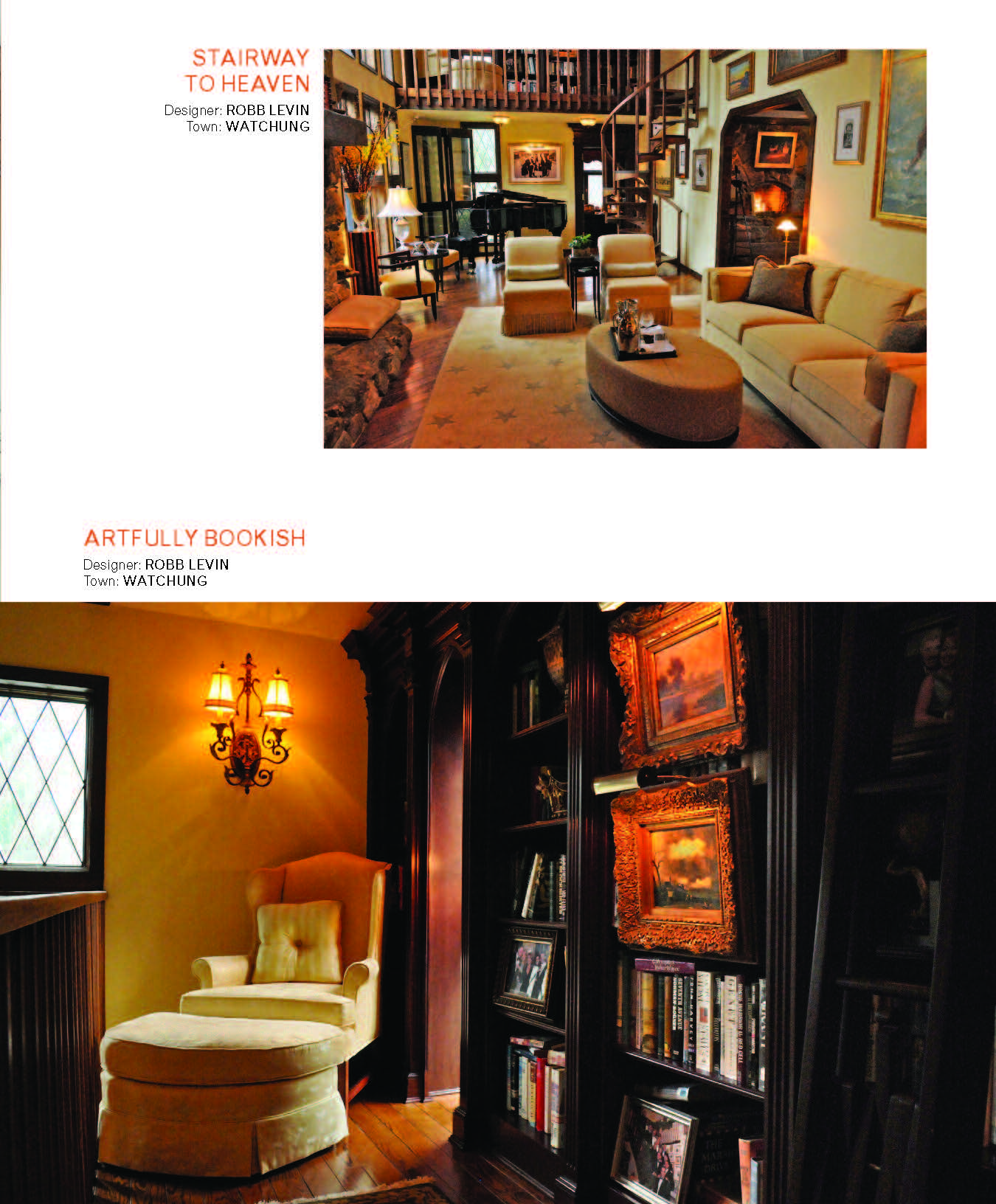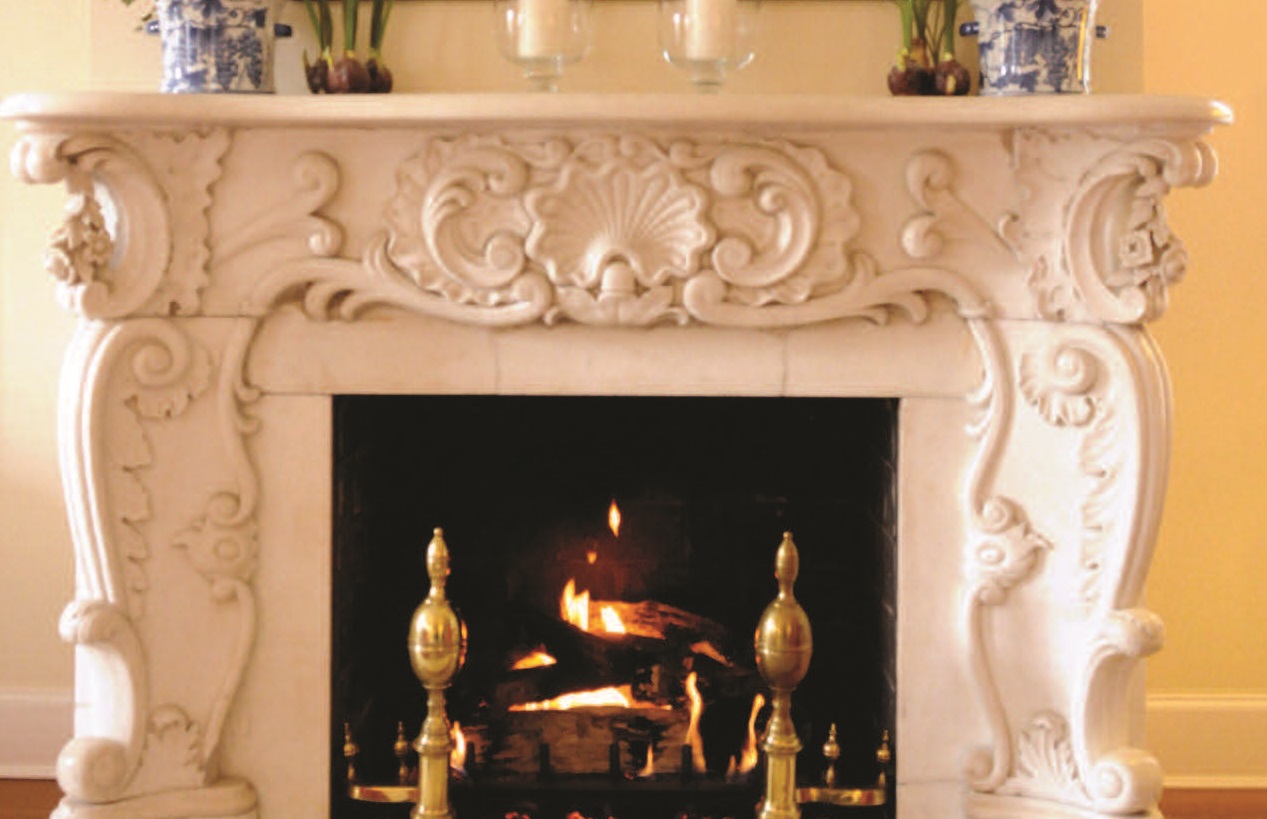Don’t be misled by the racy cover slugs on your favorite supermarket magazines.
Solving tricky “bedroom problems” is not the exclusive domain of sex columnists.
For countless millions of troubled couples, the answer isn’t the art of love, but the art of placement.
AHong Kong-based movie director sought to smooth his turbulent marriage by trading in his traditional king-sized bed for one with rounded corners. All in the spirit of taking the edge off the relationship. In California, parents of four daughters in their twenties painted each of their bedrooms peach, a color the Chinese associate with romance and flirtation. To ensure future wedding bells. Having trouble in your marriage? Still looking for that special someone with whom to share your life? Do you sleep like a baby—a colicky one? Are you restless when you should be resting, waking up in the morning jumpy and nervous? Do you suffer from constant headaches or stomach cramps? Before contacting your local couples counselor, sleep specialist or gastroenterologist, consider this: your bedroom might be suffering from bad feng shui.
Feng shui, the ancient Chinese art of placement, addresses the environment to achieve peace, harmony and tranquility. In a bedroom, a delicate balance must be struck between serenity and suggestiveness. Calming aspects are desirable and contribute to sweet, langorous slumber, but in a marriage or relationship, desire and intimacy also need to be stoked. We spend one-third of our lives in our bedroom, where we rest, relax and recharge our energies. No wonder that, to the modern feng shui expert, the bedroom is one of the most important areas of your home. Indeed, for thousands of years, the Chinese have believed that where you sleep will influence how you sleep—that the structure and layout of your bedroom can affect your well being. When arranging a bedroom, certain ancient Chinese principles should be employed: the flow of ch’i (which translates as “energy”), the balance of yin and yang, and the wholeness of tao (which translates as the “way of nature”). Common and uncommon sense also are invaluable. In a bedroom, to the Chinese, position is an important consideration—of the bed location, that is. Ideally the bed should be cater-corner to the room’s entrance, with a view of the door so that you can comfortably see anyone entering and not be surprised. This position is called the commanding position; it gives you a sense of control over your environment. A poorly placed bed may disrupt your sleep at night and make you edgy and unbalanced during the day. Given that the ideal bed-to-door relationship is not always possible, the best cure is to hang a mirror in a way that reflects the door toward you as you lie in bed. In some cases, a bed lies between two opposing windows, so a draft blows continually, disturbing sleep. This can be cured by hanging wind chimes, a crystal, or light between the windows, thus symbolically disbursing the draft.

“Whether you’re looking for a little luck or just hoping
to get lucky, a little feng shui can go a long way.”
Avoid locating your bed under a load-bearing beam. If it runs down the center, it will be divisive to a married couple. One couple in Manhattan rarely slept together an entire night. The wife always got up in the middle of the night and slept in the guest bedroom. Her midnight rambling ended after they moved the bed out from underneath the beam.
Similarly, avoid having a beam running over your stomach or you may experience cramps and intestinal problems. A newer aspect to modern feng shui deals with all the senses—including lighting and tactile elements—in creating a romantic environment. While a good, bright light is fine for reading in bed, a softer light or pleasantly scented candle will enhance the romantic mood. Deep, slow music is also conducive to intimacy. In addition, silky, velvety fabrics create comfort and help fan the flames of love. Carpets that feel good under foot are preferable to hard sisals or cold wood floors.
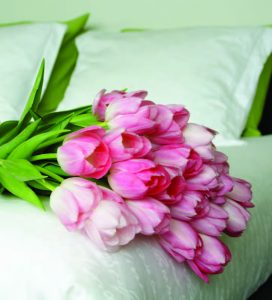
Color also is important in a bedroom. While you should always select the colors you love, it’s worth noting that pink is best for romance. Light green and pale blue are also good, as they symbolize hope and development. And peach may be the way to go if you’re still in search of that special someone. Finally, it’s worth mentioning the importance of purging your bedroom of any keepsakes or reminders of failed relationships. Keep it positive. Flowers and happy images are far more effective at creating an atmosphere conducive to a happy connection. Indeed, whether you’re looking for a little luck or just hoping to get lucky, a little feng shui can go a long way.
Editor’s Note: Sarah Rossbach is the author of Feng Shui: The Art of Chinese Placement, which was described by The New York Times as the “bible of the practice.”


